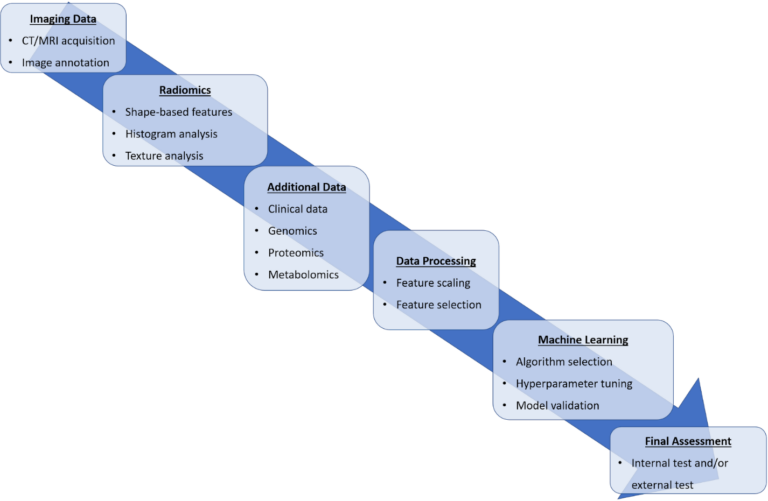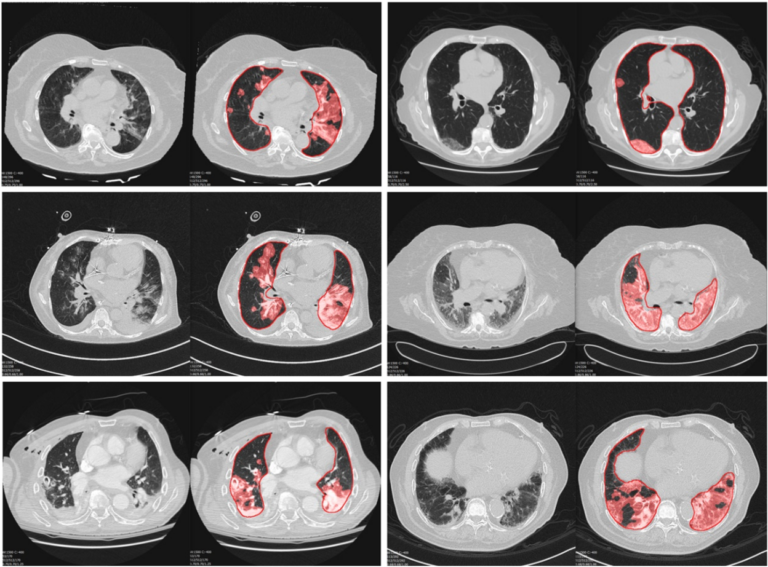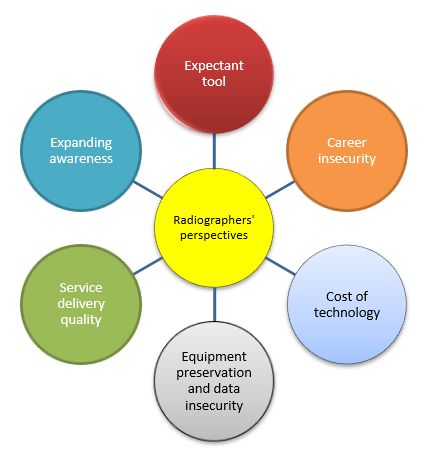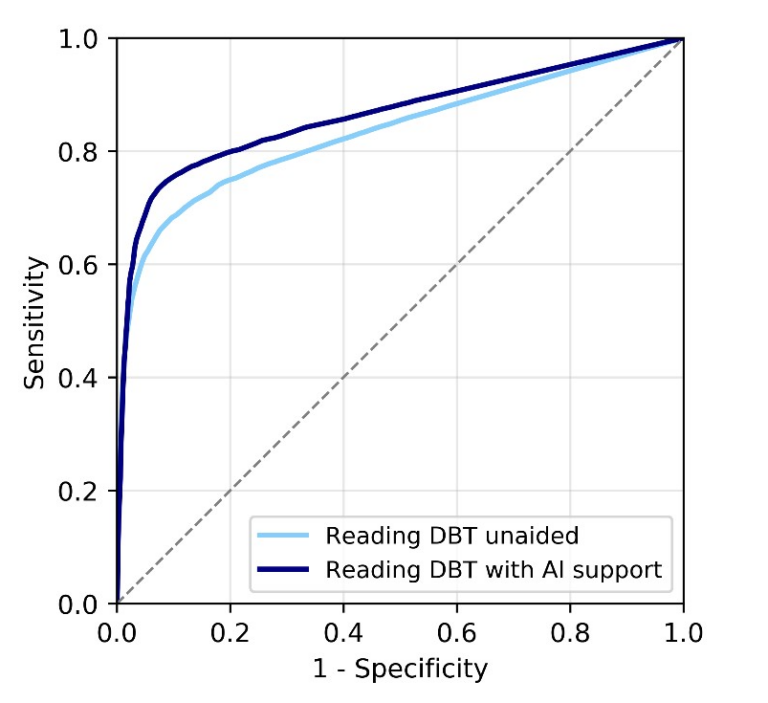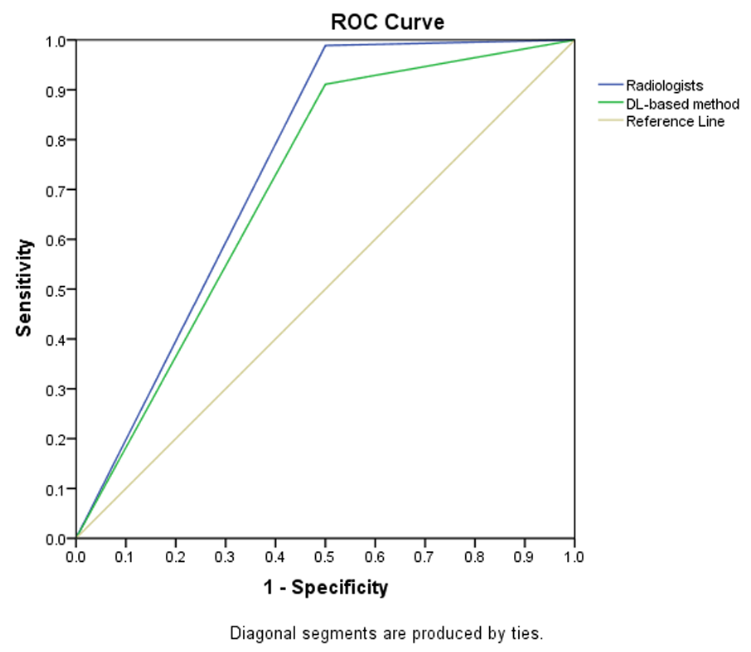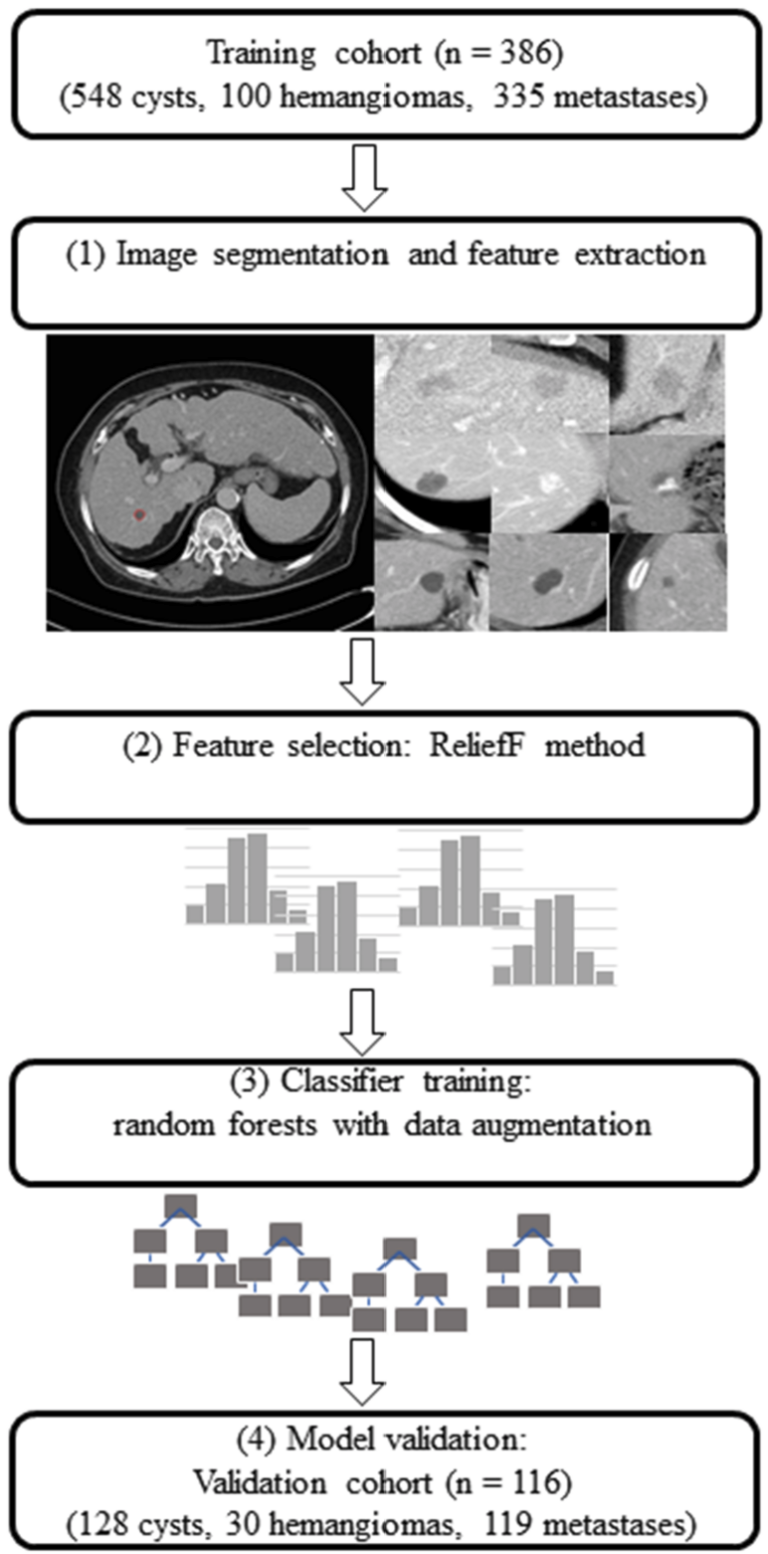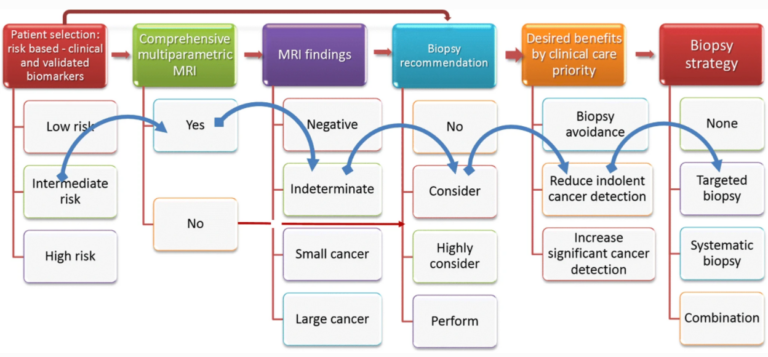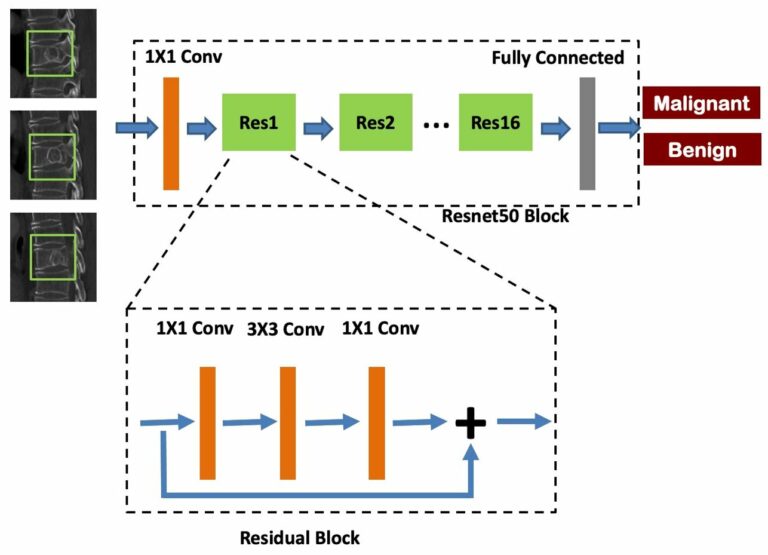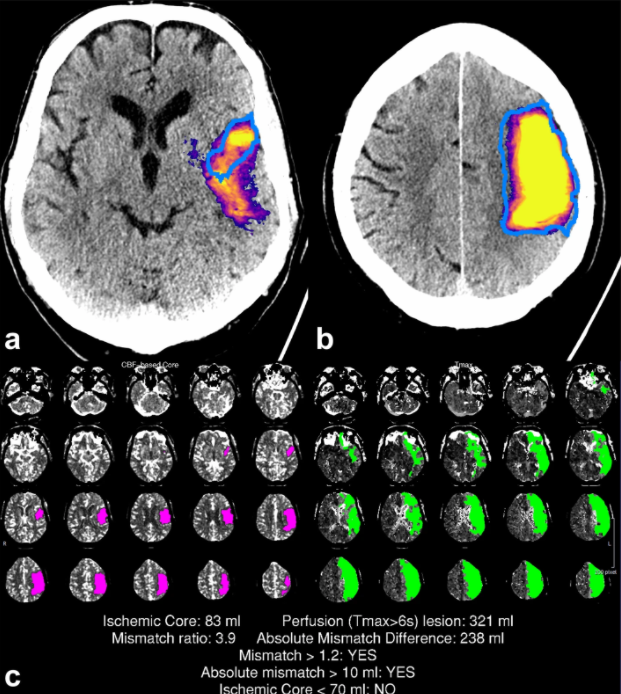
Evaluation of a CTA-based convolutional neural network for infarct volume prediction in anterior cerebral circulation ischaemic stroke
The authors of this study aimed to determine the efficacy of a convolutional neural network (CNN) in final infarct volume prediction from computed tomography angiography (CTA), subsequently comparing the results to a CT perfusion (CTP)-based commercially available software. The stroke cases treated with thrombolytic therapy or receiving supportive care were retrospectively selected by the authors. The study found that a










